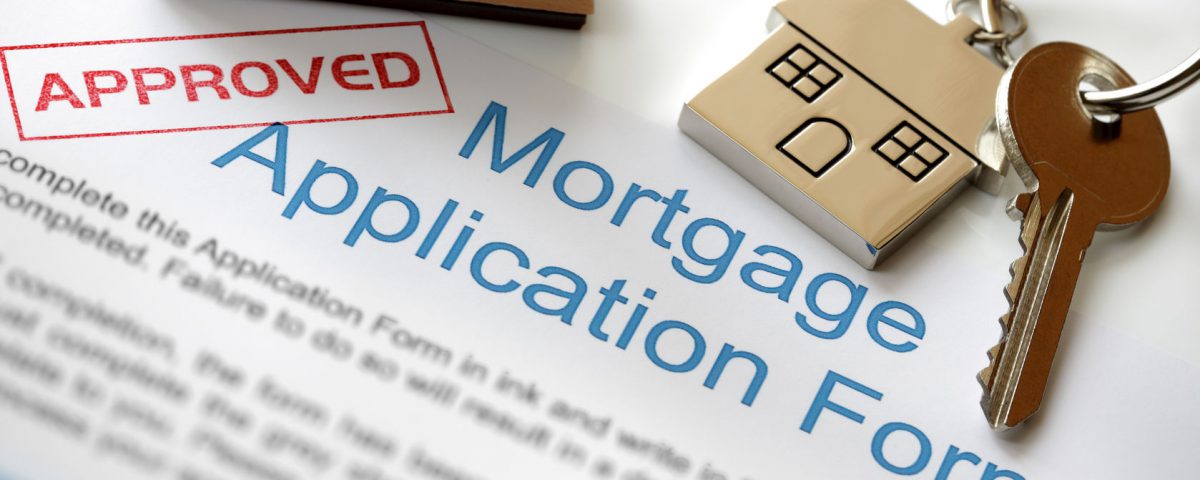- Walk-in Traffic is by Appointment Only - More Details
How Do Mortgages Work?

The 15 Absolute Best Home Updates that Boost Home Value
June 26, 2017
Top 5 Things to Fix in Your Home Before You Sell
July 26, 2017If you’re in the market for your first home, you’re most likely going to need to get a mortgage. A mortgage can be difficult to understand, particularly if you’ve never had one before. Before you sign on the dotted line for your new mortgage, make sure you understand how these loans work. Here’s what you need to know.
The Basics
A mortgage is a loan from a financial institution that allows you to cover the cost of your home when you don’t have enough cash to purchase it outright. The mortgage represents a legal agreement between you and the bank guaranteeing that you will pay back the loan with the agreed upon interest. Most home buyers need a mortgage.
How to Get One
Buyers typically start with applying for pre-approval with their chosen letter. This means that the lender has run some basic checks and has decided they will most likely offer you a loan. The pre-approval will also state how much the bank would be willing to lend to you.
Once you find a home, you will officially apply for the mortgage and lock in your interest rate. Interest rates are constantly changing, so the sooner you lock in a good rate, the better. Your mortgage may last for 15 to 30 years, with either a fixed or adjustable interest rate, depending on the type of mortgage you apply for. Your bank will tell you whether or not you are approved, and you will then be able to move forward with the purchase of your home.
Repaying a Mortgage
Once you have purchased a home, you will begin repaying your mortgage. Mortgages are placed on what is called an amortization schedule. This schedule means that at the beginning of the mortgage repayment period, more of your payment amount goes towards interest, and less towards principal. As you repay the mortgage month by month, this gradually shifts, so that the last payments you make are almost entirely principal. This protects the bank from losing money if you decide to sell the home after just living in it for a couple of years. If you miss payments on your mortgage, you will be charged fees, and a history of missed payments would allow the bank to foreclose on your home and take back the property.
Mortgages aren’t too complicated, once you understand their basic structure. If you’re ready to start looking for houses, finding a mortgage should be your first step!




